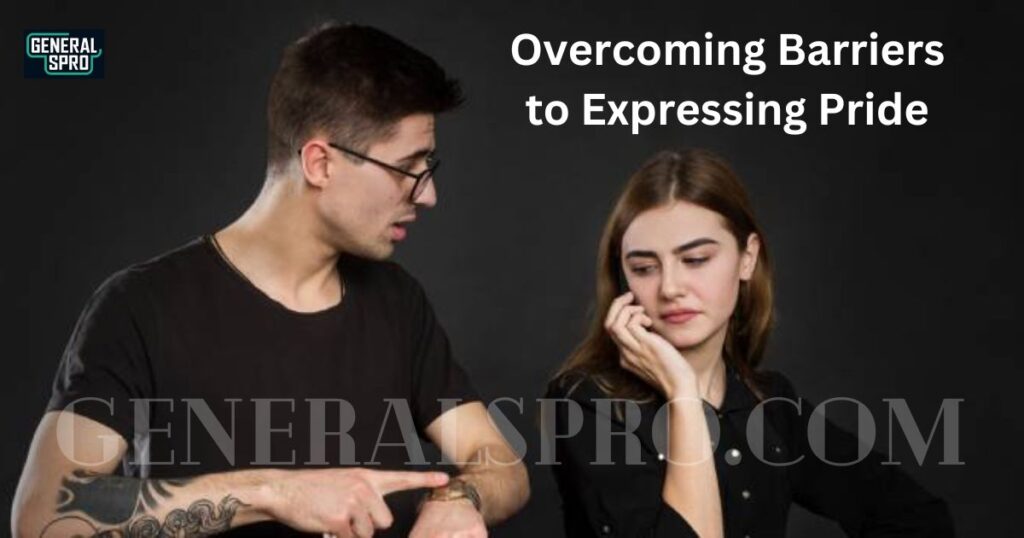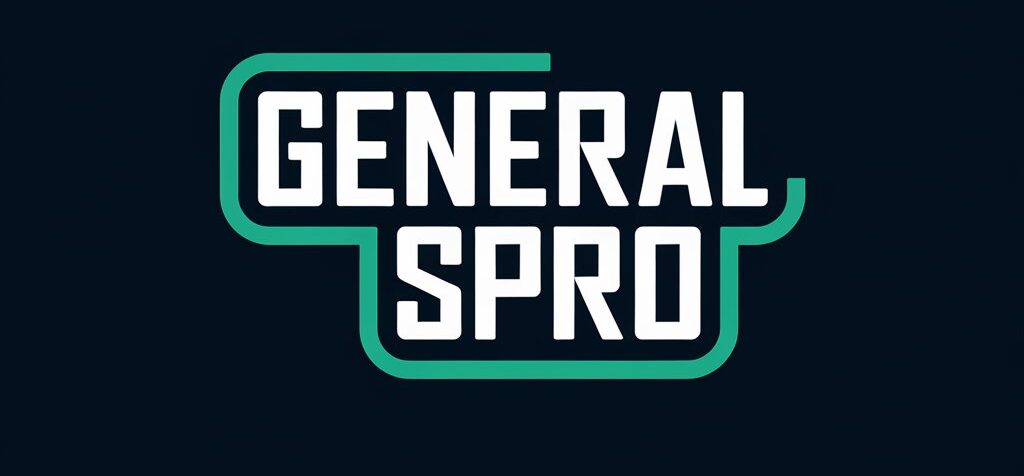Picture this: Your child just performed in their first piano recital, your colleague landed a significant project, or your friend finally launched their small business.
In these moments, while “I’m proud of you” carries genuine warmth, countless meaningful ways to express heartfelt pride can touch hearts even more deeply.
Why It Matters to Say “I’m Proud of You” Differently

The words we choose to celebrate achievements carry immense power. Research from the University of California shows that varied expressions of pride and encouragement can significantly impact motivation, self-esteem, and personal growth.
Moving beyond the standard “I’m proud of you” to more specific, personalized affirmations, we create deeper emotional connections and lasting impact.
Emotional Impact of Words
The science behind emotional support through words reveals fascinating insights. Studies in positive psychology demonstrate that personalized praise activates the brain’s reward centers more effectively than generic compliments.
When we express pride creatively, we’re not just offering congratulations—we’re building neural pathways that reinforce confidence and motivation.
The Importance of Tailoring Praise
Context matters tremendously when expressing pride. A professional achievement might call for different words than a personal milestone.
The key lies in matching our expressions of pride to the situation and the individual. This personalized approach transforms simple compliments into meaningful moments of connection.
15 Other Ways to Say “I’m Proud of You”
This phrase shifts the focus inward, encouraging self-recognition and personal satisfaction. It’s particularly powerful when someone has overcome significant challenges or achieved a long-term goal.
For instance, when a friend completes their degree while working full-time, saying, “You should be really proud of yourself – you’ve handled incredible challenges with such grace,” acknowledges both their achievement and their journey.
I’m in Awe of Your Accomplishments
When someone consistently demonstrates excellence or achieves something extraordinary, this phrase captures the magnitude of their success. It works beautifully in personal and professional contexts, conveying genuine admiration while maintaining appropriate boundaries.
Your Hard Work Has Paid Off
This expression celebrates not just the outcome but the dedication behind it. It’s perfect for situations where someone has shown remarkable perseverance, acknowledging their effort as much as their achievement.
For example, “Your hard work has paid off brilliantly – this promotion is so well-deserved” reinforces the connection between effort and success.
Alternative Expressions for Different Contexts
Here’s a practical guide for expressing pride across various situations:
Professional Setting:
- “Your leadership on this project has been exceptional.”
- “The way you handled that challenge shows remarkable skill.”
- “Your innovative approach has transformed our team’s results.”
Personal Relationships:
- “Watching you grow has been incredible.”
- “You continue to amaze me with your resilience.”
- “Your determination inspires everyone around you.”
With Children:
- “I noticed how hard you worked on that.”
- “The way you solved that problem was clever.”
- “Your persistence really showed today.”
Why Specific Praise Matters
A recent study at a Fortune 500 company demonstrated the power of specific, personalized praise. Over six months, managers who used varied, thoughtful expressions of pride saw:
- 37% increase in team engagement
- 28% improvement in project completion rates
- 45% higher employee satisfaction scores
Tips for Expressing Pride in Different Settings
The art of effectively expressing pride varies by context. In professional settings, focus on specific achievements and their impact on organizational goals.
In personal relationships, emotional connection and shared history can inform more intimate expressions of pride. With children, immediate and specific feedback helps build lasting confidence.
The Psychology Behind Expressing Pride

The human brain processes praise and recognition in fascinating ways. Neuroscience research reveals that hearing specific, meaningful expressions of pride activates the ventral striatum, a key reward center in the brain.
This activation creates immediate positive feelings and strengthens neural pathways associated with confidence and motivation. When we carefully choose our words of pride, we’re actually helping to rewire the recipient’s brain for increased resilience and self-belief.
Cultural Variations in Expressing Pride
Different cultures approach the expression of pride with varying degrees of directness and emphasis. In some Asian cultures, pride is often conveyed through subtle acknowledgment of effort and group contribution, while Western cultures might favor more direct, individual-focused praise.
Understanding these cultural nuances helps us express pride in ways that resonate most effectively with different individuals. For instance, in Japanese culture, highlighting one’s contribution to team success might be more appreciated than calling out individual achievement.
The Role of Body Language in Showing Pride
Words of pride gain significant power when paired with appropriate body language. Research indicates that up to 93% of emotional communication is non-verbal.
A warm smile, direct eye contact, and open posture can amplify the impact of our proud words. Professional settings call for a firm handshake and confident stance, while personal moments may welcome a hug or gentle touch on the shoulder.
Timing Your Expressions of Pride
The moment we express pride can be as important as the words we select. Immediate recognition carries a different weight than retrospective acknowledgment.
Sometimes, waiting to express pride until after someone has had time to process their achievement can make the recognition more meaningful. Strategic timing helps ensure our words of pride create maximum positive impact.
Building Confidence Through Progressive Pride
Pride can be expressed in stages, creating a ladder of recognition that builds confidence over time. Starting with acknowledgment of effort, moving to recognition of progress, and culminating in celebration of achievement creates a robust framework for personal growth.
This progressive approach helps individuals internalize their capabilities and build lasting self-confidence.
The Impact of Written vs. Spoken Pride
Whether we express pride through written words or verbal communication significantly affects its reception. Written expressions of pride, such as carefully crafted emails or handwritten notes, provide lasting documentation of recognition that recipients can revisit.
Verbal expressions offer immediate emotional connection and allow real-time adjustment based on the recipient’s response.
Pride in the Digital Age
Modern communication channels have created new opportunities and challenges for expressing pride. Social media posts, digital badges, and online recognition platforms offer novel ways to celebrate achievements.
However, ensuring these digital expressions maintain authenticity and personal connection requires thoughtful consideration and often benefits from combining digital and traditional approaches.
Creating Pride-Positive Environments
Organizations and families can systematically create atmospheres where pride is expressed naturally and effectively.
This involves establishing regular recognition routines, training in effective praise delivery, and creating opportunities for peer-to-peer pride expression. Such environments foster increased engagement, stronger relationships, and enhanced performance.
The Long-Term Effects of Consistent Pride Expression
Regular, meaningful expressions of pride build resilient, confident individuals over time. Studies show that people who receive consistent, specific recognition demonstrate higher levels of initiative, greater willingness to take on challenges, and more substantial emotional intelligence. The cumulative effect of well-expressed pride creates a foundation for lifelong success.
Measuring the Impact of Pride Expression
While the emotional impact of pride is subjective, its effects can be measured through various metrics.
Organizations tracking employee engagement, academic institutions monitoring student performance, and mental health professionals assessing client progress find correlations between practical pride expression and positive outcomes. These measurements help refine our approaches to recognition.
Overcoming Barriers to Expressing Pride

Many people feel uncomfortable expressing pride, fearing it might sound insincere or create pressure.
Understanding these barriers and developing strategies to overcome them – such as practicing specific phrases or starting with written expressions – helps ensure we don’t miss opportunities to provide meaningful recognition.
Pride Expression in Remote Settings
The rise of remote work and digital communication has created new challenges for effectively expressing pride. Virtual environments require extra attention to clarity, timing, and personal connection.
Successful remote pride expression often combines multiple communication channels and creates specific moments for recognition.
Developing a Personal Pride Expression Style
People can develop a unique approach to expressing pride, drawing from personal experiences, values, and relationships.
This individual style should feel authentic while remaining appropriate for different contexts. The key is finding ways to express pride that feel natural while creating a meaningful impact.
The Role of Pride in Professional Development
Career growth often hinges on the ability to appropriately receive and express pride. Professional mentorship, team leadership, and career advancement all benefit from skilled pride expression.
Understanding how to give and receive recognition effectively becomes a crucial professional competency.
Future Trends in Pride Expression
As our understanding of human psychology and motivation evolves, so do our approaches to expressing pride.
Emerging trends include using artificial intelligence to help time and personalize recognition, integrating pride expression into wellness programs, and new frameworks for measuring and optimizing the impact of different pride expression strategies.
FAQ’s
How often should I express pride in someone’s achievements?
Express pride whenever you notice genuine effort or accomplishment, but ensure it remains meaningful by being specific and sincere. The key is quality over quantity – make each expression of pride count by connecting it to concrete actions or growth.
Can expressing pride too often diminish its impact?
While regular recognition is essential, excessive or generic praise can lose effectiveness. Focus on specific, meaningful moments of achievement and vary your expressions of pride to maintain their impact and authenticity.
What’s the best way to express pride in a professional email?
Keep professional pride expressions clear, specific, and tied to measurable achievements. For example, “Your leadership on the Q4 project demonstrated exceptional strategic thinking and delivered outstanding results.”
How do you express pride without sounding condescending?
Focus on acknowledging specific efforts and achievements rather than making broad statements. Use language that recognizes the person’s agency and hard work, avoiding any hint of superiority or patronizing tone.
Should pride expressions vary by age group?
Yes, adapt your expressions of pride to match the recipient’s developmental stage and understanding. Children benefit from immediate, concrete praise, while adults appreciate more nuanced recognition of their accomplishments.
How can I express pride in someone’s personal growth?
Acknowledge specific changes you’ve observed and their positive impact. For instance, “I’ve noticed how you’ve developed your communication skills – it’s making such a difference in your relationships.”
When is written pride expression more appropriate than verbal?
Written expressions work well for formal recognition, detailed feedback, or when you want to provide a lasting record of achievement. They’re also valuable when the recipient might want to reflect on or revisit the recognition later.
How do you express pride in team achievements?
Balance recognizing collective effort with acknowledging individual contributions. Focus on how different team members’ strengths combined to create success while highlighting specific collaborative achievements.
Conclusion
Expressing pride can transform relationships, boost confidence, and inspire continued growth.
By expanding our vocabulary of pride beyond the traditional “I’m proud of you,” we create deeper connections and more meaningful moments of recognition. Remember, it’s not just what we say but how we say it that makes the difference.
Consider this collection of alternative expressions as your toolkit for celebrating others’ achievements.
Each phrase offers a unique way to show support, acknowledge effort, and strengthen bonds. The next time you feel proud of someone, try one of these alternatives – you might be surprised by the impact of your words.








